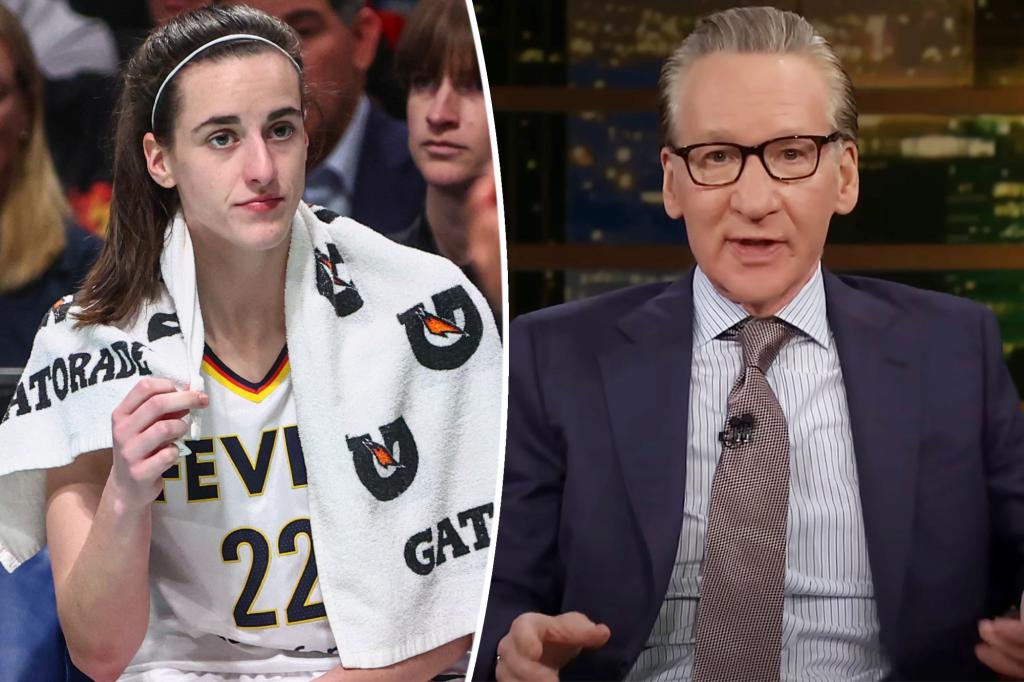Bill Maher criticized the treatment of WNBA player Caitlin Clark by her fellow players, suggesting that her sexuality and race have influenced the negative attention she has received since joining the league. Maher expressed his belief that jealousy, racism, and Clark’s sexual orientation have all played a role in the way she has been treated. He brought up an incident where Clark was hip-checked by another player, claiming this was an example of the racial element in how she is treated. Maher highlighted the lack of support from Clark’s teammates and compared it to how male athletes would defend each other, emphasizing the stereotypical idea of women being “catty.”
In a conversation with guest Matt Welch, Maher discussed the possibility that Clark’s success is drawing negative attention due to her being a mega-star in the league. Welch suggested that the treatment could be a result of jealousy rather than racism. Maher reiterated his belief that Clark’s race and sexuality are factors in the hostility she has encountered from her fellow players. He emphasized the idea that men in sports typically support their teammates, while women may not show the same level of camaraderie.
Maher also referenced remarks from ESPN host Pat McAfee, who praised Clark for her talent but used inappropriate language to describe her. McAfee referred to Clark as a “white bitch,” sparking backlash and leading to an apology from the host. McAfee acknowledged his mistake in word choice and expressed regret for using derogatory language to describe Clark. Despite his support for her skill and abilities, his use of offensive language overshadowed his comments and led to criticism from viewers and social media users.
The discussion on Maher’s show highlighted the challenges faced by women athletes in professional sports, particularly in male-dominated industries like the sports world. The conversation touched on issues of race, sexuality, and gender dynamics within sports teams, pointing to the unique challenges and prejudices that female athletes can encounter in their careers. Maher and his guests explored the complex intersection of different factors that can influence the treatment of female athletes, shedding light on the need for increased awareness and support for women in sports.
The controversy surrounding Clark’s treatment in the WNBA reflects broader conversations about equality and representation in sports, with debates around race, gender, and sexuality continuing to shape the way athletes are perceived and treated. Maher’s critique of the league’s treatment of Clark and McAfee’s misstep in his comments demonstrate the importance of thoughtful and respectful discourse when discussing athletes’ accomplishments and challenges. The incidents serve as a reminder of the ongoing work needed to create inclusive and supportive environments for athletes of all backgrounds in professional sports.


